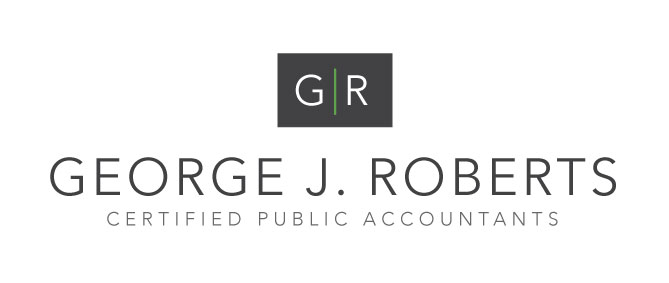Trusts and Estate Planning
A trust is a fiduciary agreement that allows a trustee or third party, to hold assets or property on behalf of a beneficiary. Often times the trustee can be compensated for managing the property or estate. Trusts are estate planning tools which can often replace wills and can be a great way to manage property. They are typically used to minimize estate taxes and can be a key component of a well devised estate plan. It is an agreement that allows a third party or trustee to attain assets on behalf of a beneficiary, and hold on to those assets in the event of future transactions.
Benefits of a Trust
Trusts are often used to minimize estate taxes if you are the beneficiary of property or other assets. When property is held within a trust and can be protected, for example when someone enters an assisted living facility. Without a trust the property or asset would be subject to the state and can be used to pay for assisted living services. Trusts provide protection for you property and assets in the event you can no longer live on your own. Generally there are two kinds of trusts, simple and complex.
Simple Trusts require that all income must be distributed currently and cannot accumulate greater income or pay money for charitable purposes.
Complex Trusts retain current income, distribute principal and can contribute to charitable purposes.
Are Trusts Taxable?
If you own a trust or an estate that earns income during the year you will likely need to file a tax returns. Below are some of the limits for both trusts and in addition to personal, partnership and corporate tax returns there are also tax requirements for those who have trusts or estates.
The limits are as follows:
- Estates earning more than $600
- Simple Trusts earning more than $300
- Complex Trusts earning more than $100
Our firm can help navigate through the different aspects of trusts and estate planning and make sure you are protected come tax time. We can help to protect your trust or estate while minimizing the tax liabilities you have.
Interested in learning more about Trusts and Estates?
Contact us today and learn how our CPA firm can support your Corporate or Individual Tax and Financial needs.

